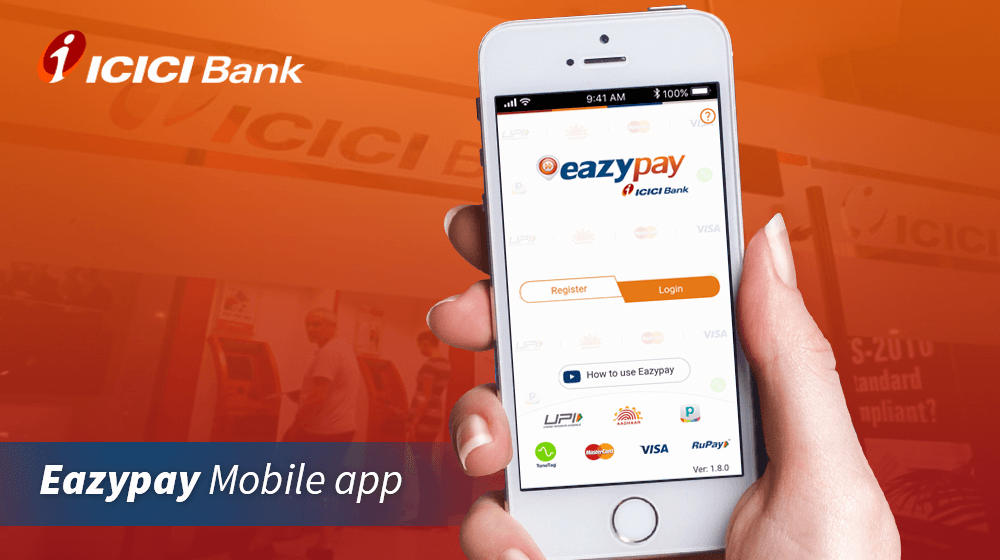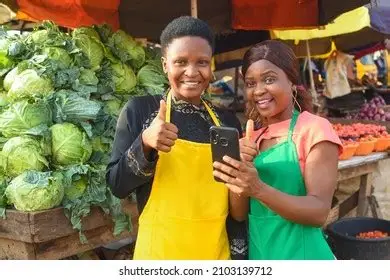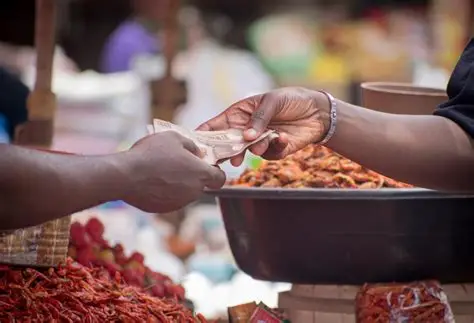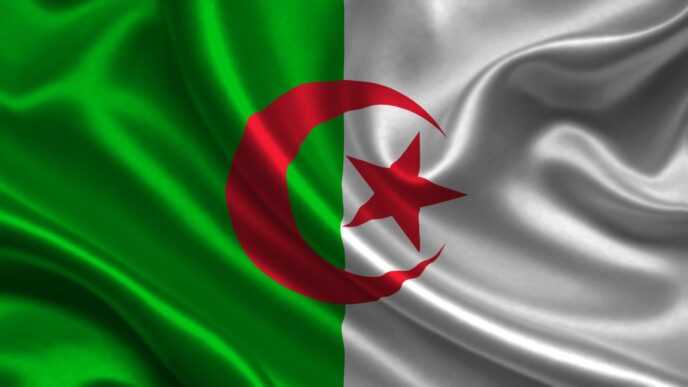In markets buzzing with conversation and color, a quiet transformation is underway. Across Africa’s informal economy, traders once reliant on small change and handwritten ledgers are increasingly turning to smartphones, QR codes, and mobile apps to manage their businesses. From the backstreets of Lagos to the townships of Johannesburg, digital tools are empowering vendors to trade faster, smarter, and safer.
What was once a cash-only landscape is now home to a wave of mobile innovation reshaping how informal entrepreneurs accept payments, track inventory, and grow their businesses.
From Paper to Pixels
Informal trade represents over 80 percent of employment in many African economies. For years, traders operated on trust, memory, and paper records. But mobile technology is changing that. With just a smartphone and a printed QR code, vendors are now able to accept payments instantly, reducing their dependence on physical cash and eliminating the need for expensive card machines.
QR code payments are spreading across the continent. Nigeria’s national QR system, NQR, has been adopted by thousands of informal merchants. In Kenya, mobile payment platforms such as M-PESA now include QR functionality, giving even the smallest vendors the tools to go cashless. Some developers have even released open-source QR generators for M-PESA, making it possible to print scannable codes and accept offline payments.
The appeal lies in simplicity. No complex hardware. No banking barriers. Just a code and a customer with a smartphone.
To build trust, platforms like EazyPay have introduced soundbox devices that announce successful payments out loud. “

Beyond Payments: Tracking, Growth, and Credit
Mobile innovation is doing more than replacing cash. Apps like Zoho Inventory, Wasoko, and local solutions such as Karny and Oze help traders manage stock levels, monitor cash flow, and generate sales reports. For many entrepreneurs, this is their first experience with digital bookkeeping.
With transaction histories stored in-app, traders can now apply for loans through platforms like Branch and Carbon. In the past, a lack of financial records meant limited access to credit. Now, data generated from sales and payments is opening doors.
According to reports, traders who embraced QR payments in South Africa saw an increase in turnover of up to 50 percent. In Nigeria, Paga and OPay report surges in adoption among micro-entrepreneurs, including roadside mechanics, tailors, and food vendors.

A New Chapter for the Informal Economy
Mobile innovation is breathing new life into Africa’s informal sector. It is giving traders better tools to manage and scale their businesses, while also reducing their vulnerability to theft, loss, and market shocks.
Perhaps more importantly, it is rewriting the narrative around informality. These entrepreneurs are not just hustling on the margins; they are adapting, innovating, and leading a digital shift that is reshaping African commerce.
As mobile apps and QR codes find their place on tabletops, market stalls, and mobile phones, they are helping to unlock a new kind of growth, one where convenience meets empowerment and where every beep of a payment notification signals a step forward.















